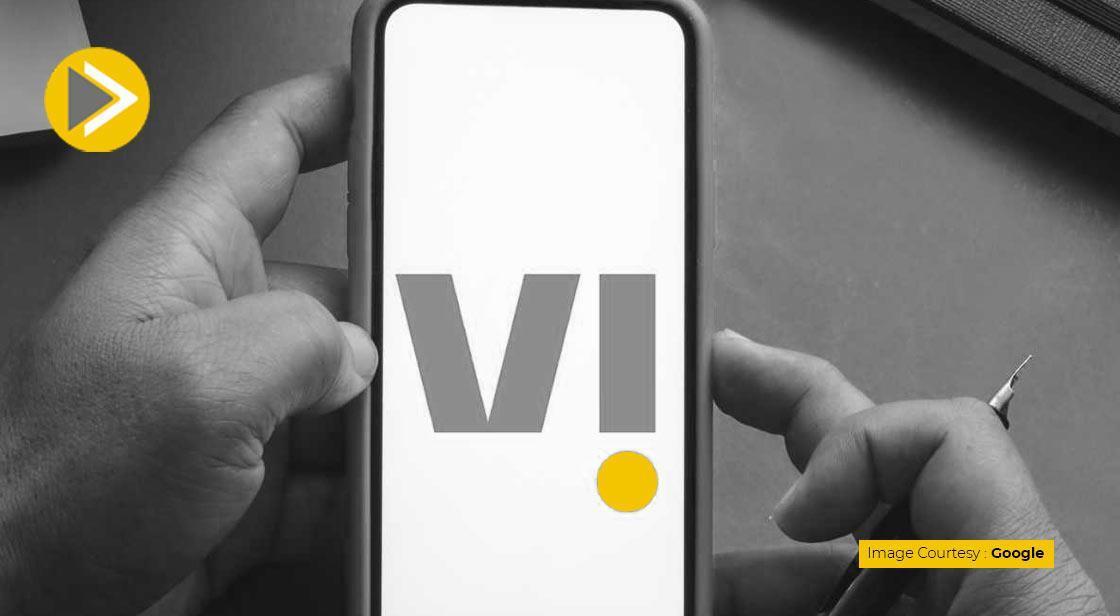Vodafone Idea advocates for more frequent tariff revisions

News Synopsis
Vodafone Idea CEO Akshaya Moondra has proposed increasing the frequency of tariff hikes in India’s telecom sector. Speaking during a post-earnings call with analysts, Moondra suggested that instead of annual revisions, tariffs should be reviewed and raised every nine months. This proposal aims to address the financial challenges faced by telecom operators, ensuring better returns on capital investments.
The Need for Frequent Tariff Hikes
Currently, the telecom industry follows a one-year gap between tariff revisions. However, Moondra emphasized that the financial state of telecom companies, including market leaders, does not support adequate capital expenditure returns.
With this in mind, reducing the time between tariff hikes could improve revenue streams and sustain long-term business growth. If implemented, this strategy would mean the next round of tariff hikes should occur by March 2025, following the last revision in July 2024.
Impact on ARPU and Revenue Growth
One of the primary goals behind more frequent tariff revisions is to drive Average Revenue Per User (ARPU) growth. Vodafone Idea reported a 4.2% sequential increase in ARPU for the quarter ending December 31, 2024, reaching Rs 173.
This rise was attributed to the July 2024 tariff hike and an improved customer mix. The company believes that a strategic approach, combining tariff increases with a focus on high-value subscribers, will ensure continued ARPU momentum.
Enhancing Subscriber Mix for Higher Revenues
Moondra highlighted the importance of shifting secondary SIM users to primary subscribers. Since primary SIMs are used more frequently and recharged regularly, this shift would significantly boost ARPU.
Additionally, Vodafone Idea aims to migrate more customers to postpaid plans, which generally offer higher revenue per user compared to prepaid services. The company also advocates a consumption-based pricing model, which charges users based on data usage rather than a uniform tariff structure.
Vodafone Idea’s Struggle with Data Consumption
Compared to its competitors, Vodafone Idea has been struggling with lower per capita data consumption. While the company’s average usage stands at 15.5 GB per user, Bharti Airtel’s is at 24.5 GB, and Reliance Jio leads with 32.2 GB.
This disparity is largely due to Vodafone Idea’s limited network expansion in recent years, primarily caused by financial constraints. However, the company has now raised funds through a public offering and promoter contributions, which will be used to expand its network and improve data consumption rates.
4G Expansion and 5G Rollout Plans
With fresh capital infusion, Vodafone Idea has begun expanding its 4G coverage while preparing for a commercial 5G rollout. The company aims to launch 5G services in Mumbai, Bengaluru, and Delhi by March 2025, with further expansion in other key markets thereafter. Moondra expressed confidence that initial investments in network improvements are already showing positive results. In December 2024 and January 2025, Vodafone Idea saw net subscriber gains in 11 telecom circles, a promising sign for its growth strategy.
Reducing Customer Migration to Competitors
Vodafone Idea has also faced a significant outflow of customers to BSNL, which did not implement a tariff hike in July 2024. However, Moondra reported that the trend is slowing, with the company experiencing a decline in net port-outs over the past six months. At the same time, Vodafone Idea has seen an increase in net port-ins from BSNL, indicating that its strategy to retain and attract subscribers is beginning to yield results.
Financial Challenges and AGR Dues
One of the major financial hurdles for Vodafone Idea remains its Adjusted Gross Revenue (AGR) dues to the Indian government, which currently stand at Rs 77,000 crore as of December 31, 2024. While the company has approached banks for funding, lenders are seeking clarity on the AGR issue before extending financial support. Moondra acknowledged that resolving AGR liabilities is crucial for securing additional capital and ensuring long-term stability for Vodafone Idea.
Conclusion
Vodafone Idea’s proposal for more frequent tariff hikes reflects the telecom industry’s financial realities and the need for sustainable revenue growth. By implementing price revisions every nine months instead of annually, the company aims to enhance ARPU, improve network investment returns, and drive better financial performance. Additionally, Vodafone Idea is focused on expanding its 4G coverage, launching 5G services, and optimizing its subscriber mix to strengthen its market position. As the company navigates its financial challenges and regulatory hurdles, its ability to secure funding and manage customer retention will be critical for long-term success.
You May Like









